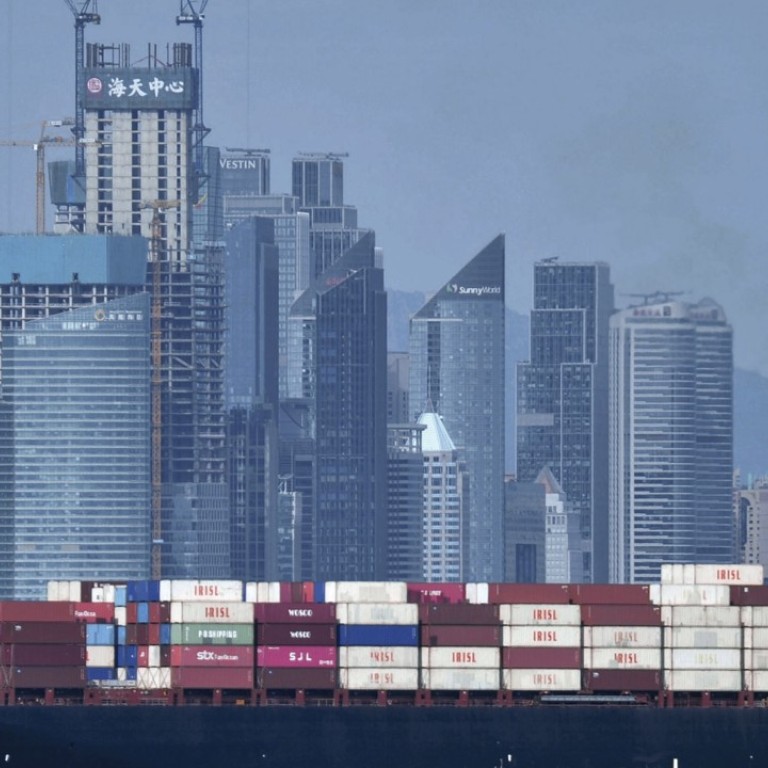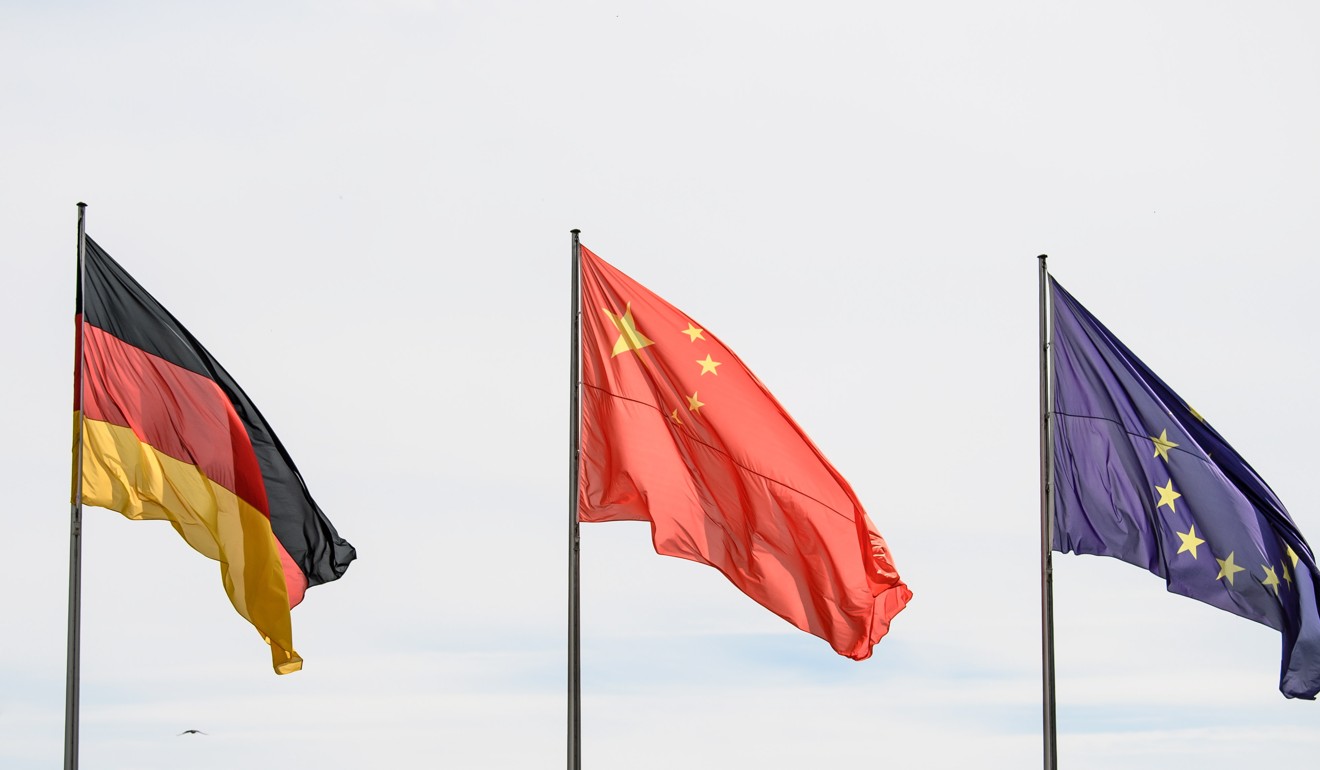
Chinese firms may face more competition for overseas deals
State-backed companies are also expected to be more cautious as investments are put under tighter scrutiny, report says
Chinese companies are likely to face increasing competition in outbound acquisitions and state-backed firms may become more cautious as they are subjected to tighter scrutiny, according to a report by a global business consultancy.
Outbound deals from China – as a share of their value among deals announced by investors from the Asia-Pacific region – fell dramatically in the first half of this year, from 40 per cent or more in the past three years to just 14 per cent, Bain & Company said in the report.
Japanese companies, meanwhile, have been more actively pursuing outbound deals, with the country’s share surpassing China’s in the first six months, the report said.
“Japan is picking up momentum on outbound acquisitions and getting more progressive in bidding,” said Phil Leung, a partner in Bain’s Shanghai office. “Competition with Japan is expected to increase in the coming years and China’s share may not be as high as the previous 40 per cent.”
US-China tensions make Asian free-trade deal ‘a priority’
China spent 0.6 per cent of its gross domestic product on outbound acquisitions last year, indicating potential for more, the report said. “As a percentage of GDP, China usually spends half of what Japan usually spends on outbound M&A,” it said.
Outbound acquisitions from China stood at US$22 billion in the first six months of this year, less than half of the total a year earlier, and much less than the US$118.7 billion for the first half of 2016, it said.
Fears that the US-China trade war may hurt domestic profits and US opportunities, and restrictions on investment in the US, Germany and Australia – favourite destinations for Chinese investors – have contributed to the decline, according to the report. Currency depreciation and ongoing government control also took a toll.
And with some companies not optimistic about the economic outlook, those deals are expected to slow down even further in the short term.
The report also said private companies from China had been more active than the state-backed investors. “The US regulators are sensitive about investment from Chinese state-owned enterprises. They will be more cautious about outbound investment in the second half of the year given the current tension,” said Hao Zhou, a partner in Bain’s Hong Kong office.
US-China trade war becomes a hog’s dinner, as Beijing considers reducing soybean rations for pigs
The report noted there was a trend for Chinese companies, which were becoming more experienced in overseas deal making and areas like due diligence and merger integration, to see acquisitions as a way to boost competitiveness at home and position themselves to expand globally.
Chinese capital has flowed into developed countries in pursuit of high-quality assets and advanced technology, but the shopping spree – mostly by state-owned or government-backed firms – has raised national security concerns in the West.

In recent months, Germany and the European Union, among others, have tightened scrutiny of foreign investment, their policies largely affecting Chinese companies. In the United States, President Donald Trump has labelled China as a strategic competitor, and his administration has also introduced tougher screening of Chinese investment in the US market.
It’s not just the US: around the world, doors are shutting on Chinese investment
“Tensions between the world’s two largest economies are too significant for Chinese companies not to address,” the report said. “For the near future, it makes sense to put US acquisition plans on hold.
“As a short-term measure, many are now pivoting to Europe and other non-US developed markets for technology capabilities. But companies also need to maintain a long-term view of M&A strategy.”
The consulting firm said that in the longer term, Chinese firms “need to stay the course”, adjust their M&A strategy and map out contingency plans according to different scenarios for how the trade war might play out.
Europe and North America are the biggest destinations for investment from China, but Latin America is catching up. The value of Chinese deals in the region has gone up by 105 per cent in the past two years from the 2013-15 period, according to the report.

